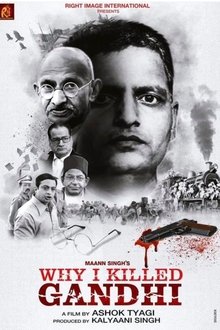The film begins by showing images of the Holocaust, and stating that Hitler sanctioned the killing of 11 million people. This is followed by Comfort interviewing people about Adolf Hitler; their responses indicate a lack of historical knowledge, although he also finds a neo-Nazi who claims to love Hitler. Comfort proposes a hypothetical situation to his interviewees, asking if they would kill Hitler if they had the opportunity at that time in history. He asks more hypotheticals dealing with what his interviewees might do in other circumstances related to the Holocaust. He then switches his topic to make similar comparisons to abortion within the United States and the right to life, personalizing his arguments to make comparisons between the Holocaust and abortion in order to place the interviewees on the spot. The documentary concludes with Comfort stating that over 50 million abortions have occurred to date; he calls this the "American Holocaust".
Related Movies
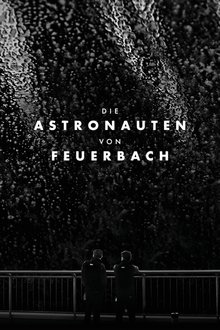
The Astronauts of Feuerbach (NaN)
Soon enough humankind will ascend to space. Who can join that mission? Who has to stay behind? In some places it has already started. Men and machine taking flight, leaving for the unknown future. For the endless void. That’s where they meet. The People using machines to clean machines and the people sheltered inside those machines. Destined to collide, never to engage. Welcome to Europes biggest car wash.
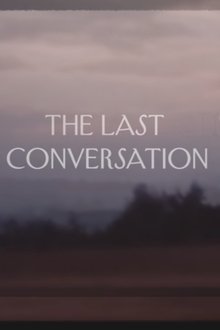
The Last Conversation (2020)
A son makes a surprising discovery on his elderly parents' answering machine after his father's passing.
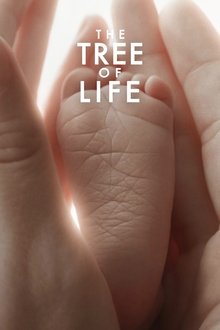
The Tree of Life (2011)
The impressionistic story of a Texas family in the 1950s. The film follows the life journey of the eldest son, Jack, through the innocence of childhood to his disillusioned adult years as he tries to reconcile a complicated relationship with his father. Jack finds himself a lost soul in the modern world, seeking answers to the origins and meaning of life while questioning the existence of faith.
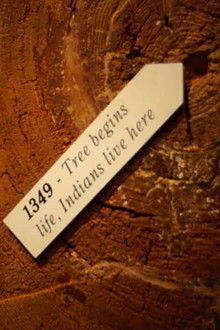
Tree Begins Life, Indians Still Live Here (NaN)
A display of a fallen red cedar at Olympic National Park headquarters proclaims in 1349 "Indians live here." TREE BEGINS LIFE INDIANS STILL LIVE HERE produces a meditation on the territories of the First Nations of the Pacific Northwest, and invites an alternative interpretation of U.S. sovereignty over these lands.

Wild Boar Piglet (2019)
They say that if a daughter looks like a father, then she will certainly be happy. But what if you look like a person whom you have never seen in your life? And all you know about him is speculation, fantasy and a small bronze figure.
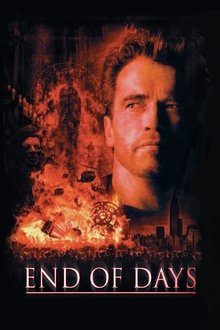
End of Days (1999)
Cynical bodyguard Jericho is hired by a man possessed by Satan, who is in search of his bride. When Jericho realizes what is happening, he must do everything he can to save the woman and the world.
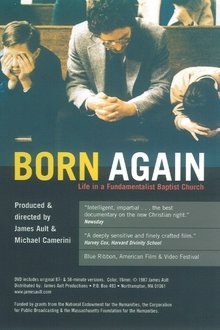
Born Again: Life in a Fundamentalist Baptist Church (1987)
A documentary which takes a dispassionate look at the "born again Christian" phenomenon, by examining the power source of the fundamentalist movement: the small, tightly knit community church. The program looks at an independent Baptist church outside Worcester, Massachusetts--the Shawmut Valley Baptist Church--and shows the impact of the fundamentalist religion on the lives of several members of the congregation.

Countdown to Eternity (1999)
Bible expert Bill Gallatin explores biblical prophecies from the Book of Revelation that have transpired, with a discussion of whether these events signify that we are now living in the End Times preceding the return of Jesus Christ. Gallatin touches on events such as the increasingly acute difficulties in the Middle East, numerous environmental catastrophes, earthquakes and more, explaining how they connect to scriptural writings.
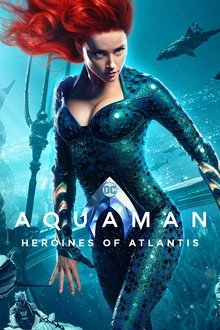
Aquaman: Heroines of Atlantis (2019)
Amber Heard and Nicole Kidman discuss their characters Mera and Atlanna.
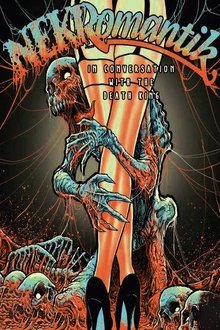
In Conversation with the Death King (2014)
A short documentary featuring an interview with director Jörg Buttgereit.
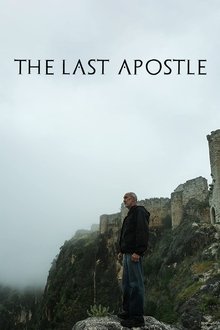
The Last Apostle: Journies in the Holy Land (2020)
Dr. Mark Fairchild, world-renowned archaeologist, traces the hidden years of Saint Paul's life in the mountainous Turkish countryside of Rough Cilicia.
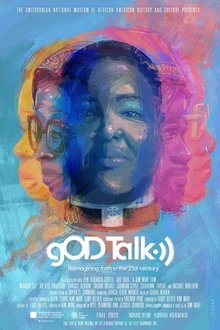
gOD-Talk (2023)
Explores the lives of seven Black Millennials – Atheist, Buddhist, Christians, Muslim, Ifa, and Spiritualist – and the challenges and discoveries with faith and spirituality.

Stories of A (1974)
French documentary campaigning for the liberalization of abortion and contraception, directed by Charles Belmont and Marielle Issartel in 1973.
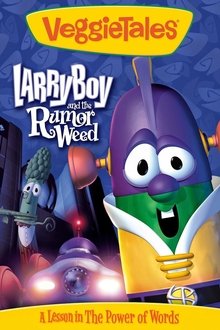
VeggieTales: Larry-Boy and the Rumor Weed (1999)
Any rumors caught your ear lately? Junior Asparagus and Laura Carrot learn just how easily rumors get started when they accidently launch a whopper about LarryBoy's butler, Alfred! Before they know it, their little story is spreading all over Bumblyburg like a weed! Can LarryBoy stop the rumor before Alfred gets hurt? Can anyone stop the rumor before LarryBoy gets hurt?!? In the end, the kids learn that God doesn't want us to tell stories that can hurt. He wants us to spread nice words! Don't miss the action in LarryBoy and the Rumor Weed!
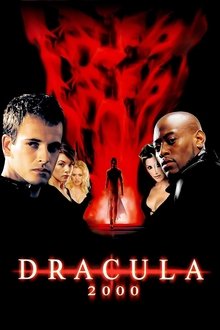
Dracula 2000 (2000)
When a team of techno-savvy thieves break into a high-security vault, they don't discover priceless works of art... they find a crypt unopened for 100 years.
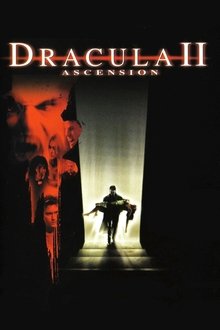
Dracula II: Ascension (2003)
A group of medical students discover the body of the infamous count. Soon, they find themselves in the middle of a bizarre and dangerous conflict when a shadowy figure offers them $30 million for the body so that he may harvest his blood.

Theologians Under Hitler (2016)
This documentary examines three major christian theologians in nazi germany.
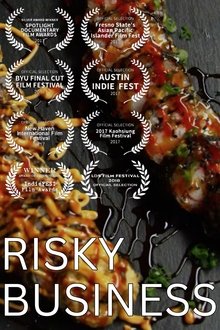
Risky Business (2017)
A documentary film about trading security and stability for passion. A surprising number of small businesses and niche restaurants originate and thrive in the small college town of Provo, Utah. A senior capstone project at Brigham Young University.
